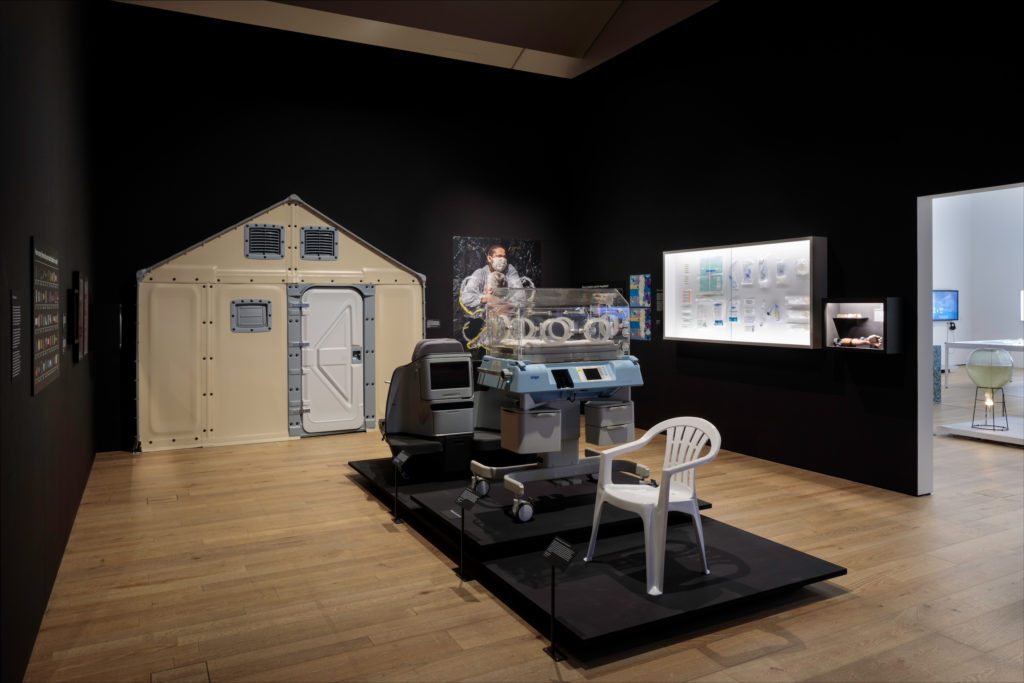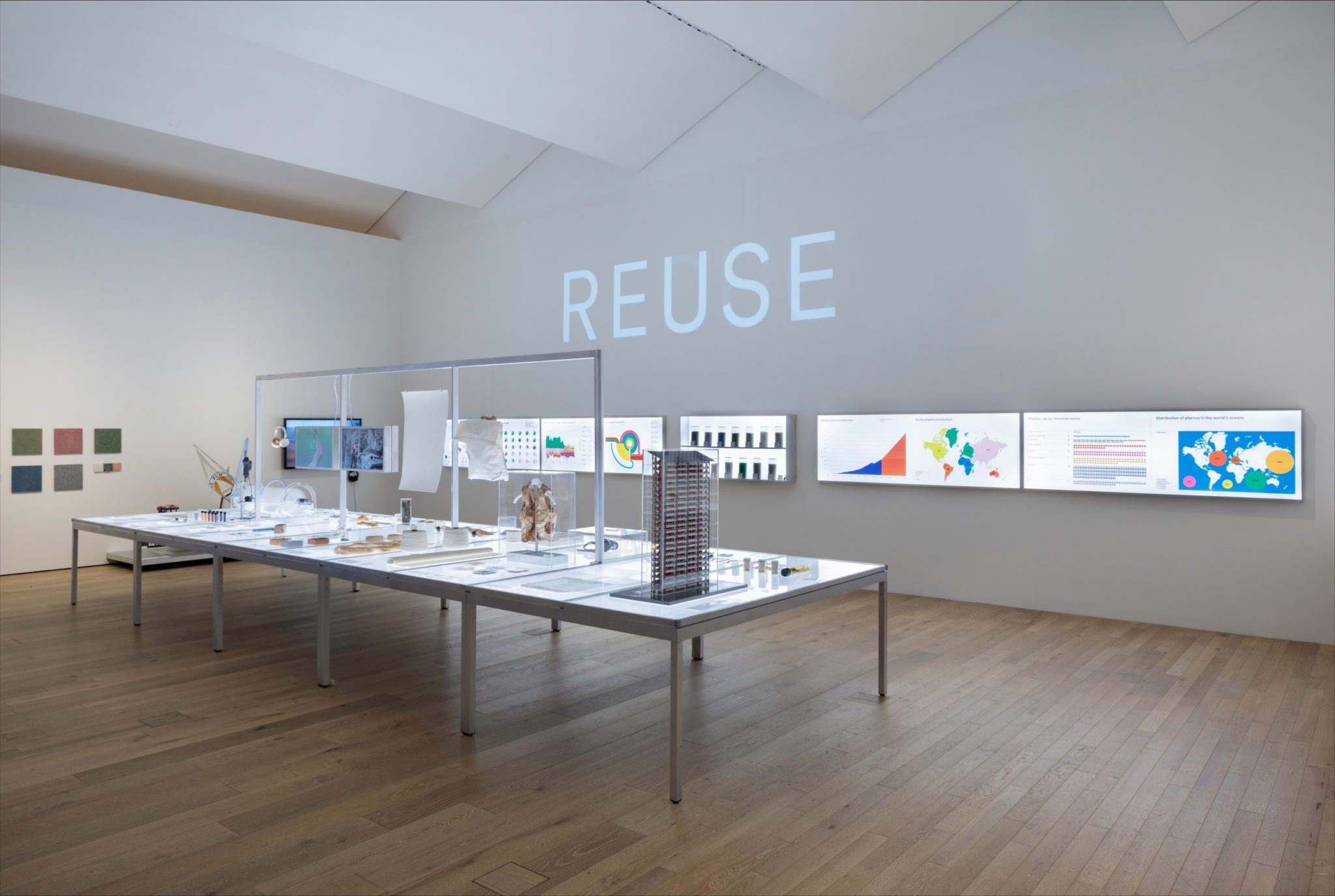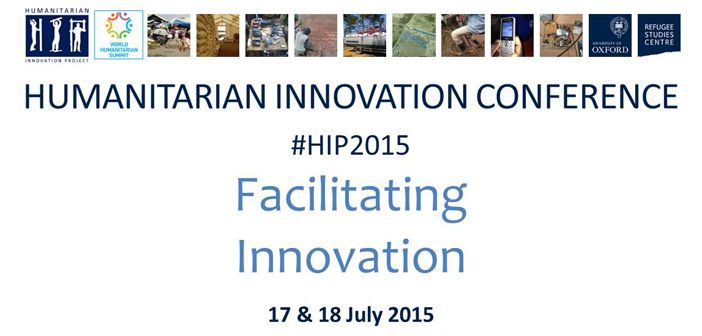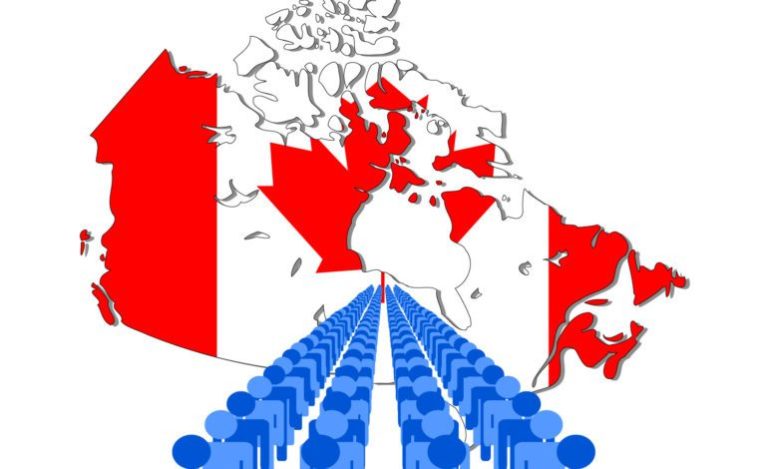Few materials have shaped our world like plastics have in the last century. Plastic, in many ways, is essential, and yet excessive. As anthropogenic climate change becomes a priority in civil society organising, plastics is under scrutiny for its position in a new world of intensifying climate disaster and unmanageable pollution. The polarising nature of plastic is explored in the exhibition, Plastic: Remaking Our World exhibition at the V&A Dundee, running from October 29, 2022 – February 2, 2023.
The Guardian spoke to the exhibition curator Charlotte Hale, who traced the genesis of plastic as an industrial material, ultimately becoming a ubiquitous presence taking shape as a plethora of domestic items we use on a daily basis.
“Up until the middle of the 19th century, people had looked to the natural world for the sort of materiality that we now associate with plastics…”.
Charlotte Hale, Curator, Plastic: Reshaping Our World (The Guardian)
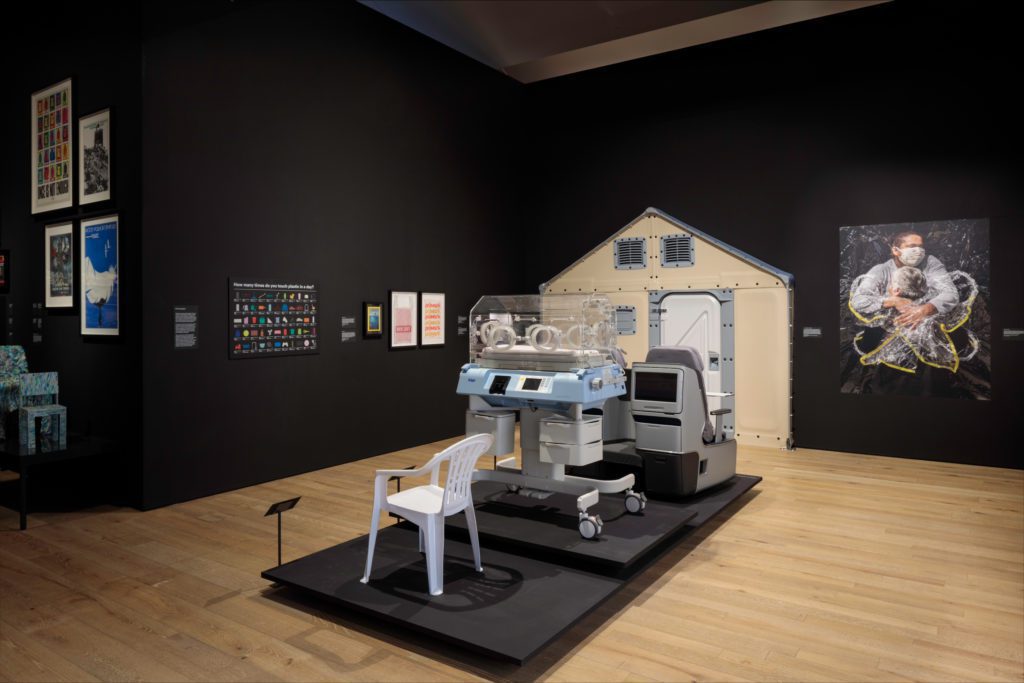
As the demand for plastic products boomed along with a culture of unprecedented consumption, so too did the scale of waste. The exhibition not only spotlights the scope of plastic innovation, a section of the exhibition also takes a look at recycling good practice, and the efforts made to control the continued production of excessive plastic waste.
“Following the war, huge marketing campaigns, aggressively financed by petrochemical companies, saw these new products and materials adapted for mass domestic use”.
Nicholas Wroe, author, Fantastic plastic?: is there a future for the wonder material turned existential threat?, The Guardian

“We don’t advocate a zero-plastic strategy. Instead, we ask when and how plastic can be used to maximise its incredible properties”.
Charlotte Hale, Curator, Plastic: Reshaping Our World (The Guardian)
The rate of plastic waste and pollution, and its contribution to environmental degradation, are not, however, the core endorsement of the exhibition’s goals. Rather, the exhibition Curator Charlotte Hale, emphasises that there is still a future of our world that can benefit from plastic, if the entire life cycle of the product is considered in development, optimising the maximum benefits of plastic while alleviating the impact on the environment.
